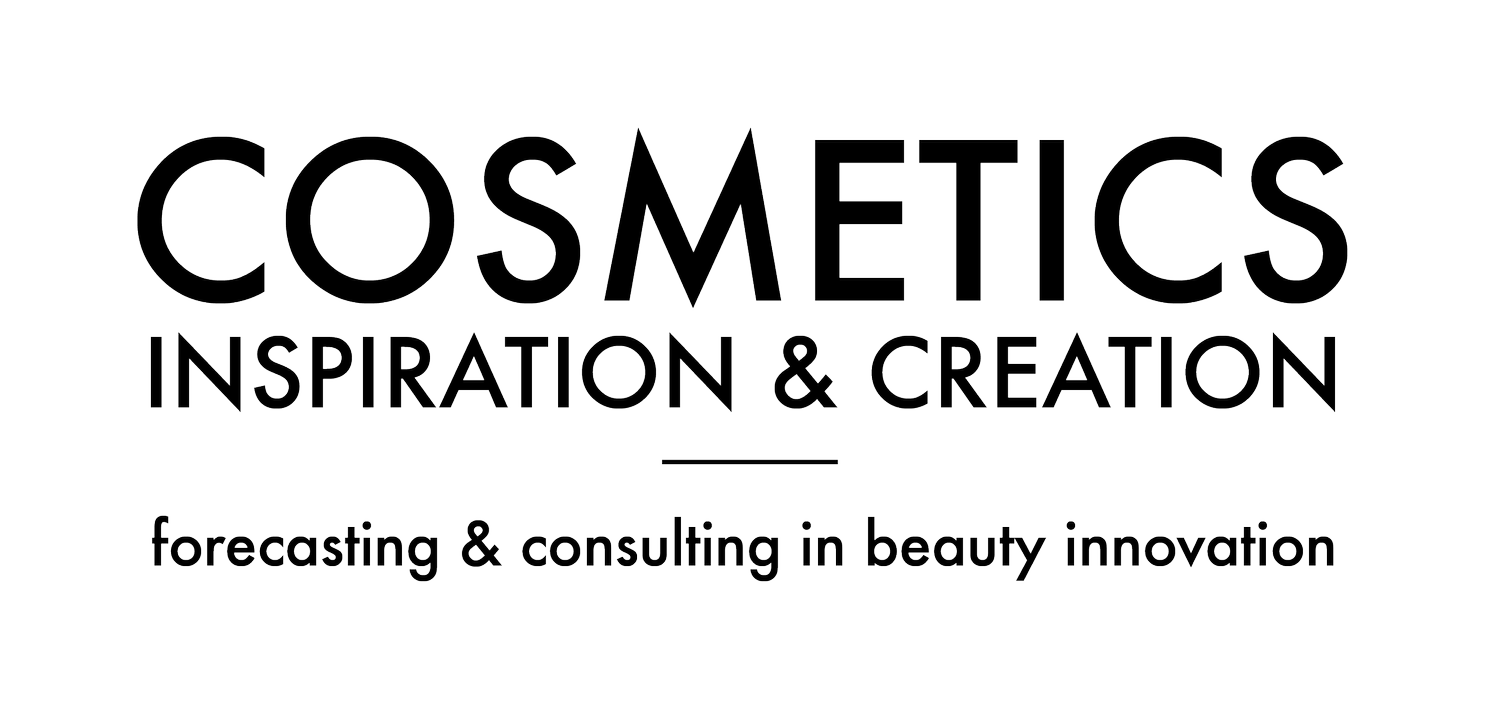Credits: Harper’s Bazaar Korea, April 2019
2020 will mark a continued disruption for Korea. Korean women are pushing back against beauty standards and disrupting the traditional model of femininity. An unprecedented movement of feminism and body positivity in the country with the highest number of cosmetic procedures per capita worldwide…
If Korea is one of the most innovative hub of the beauty market, it’s no secret that the K-society is still highly conservative. But this paradox is less and less accurate in 2020. For the past few month, liberating movements are rising, fueled by a quest for freedom that has shaken up the representation of beauty and liberated the routines.
“ESCAPE THE CORSET”, “SKIP CARE” : A CALL FOR FREEDOM
As seen in our previous What’s Up Korea 2019, the "Escape the Corset" movement blown up on social and traditional media. Former beauty blogger, Cha Ji-won, decided to throw away her makeup and start a feminist YouTube channel (375k followers). On TV, the famous female news presenter Lim Hyeon-ju, sparked sensation by wearing glasses on air, and the cosmetic brand Missha featured a model with a glamour short hair. Korean women want to break free from the high Korean beauty standard, which used to be one of the a guarantee of success in the Korean society.
Needless to say that in the new social context, a 10-step beauty regimen is perceived as a form of labor. One that only women are expected to perform, and for which they are in no way compensated - apart from finding a "good husband". According to The Guardian, a third of young women in Korea have undergone plastic surgery. To that purpose, the "skipcare" movement aims to reduce the number of steps of K-Beauty routines. The movement is mainly led by Jullai, with hybrid products like the Bounce Essence Oil Toner which both cleanses and hydrates. "The focus was on reducing the number of steps, liberating women and their skin from timely skincare routines" says CK, Jullai’s founder.
LOV YOU BOD! BODY POSITIVITY IS KOREAN
Moreover, body-positivity coming from the US went strong for the very first time in Korea. Beauty activist, Jiwon Park (@3xl_joy), started an Instagram account dedicated to her plus-size body. With over 7.3M views, the "I am not pretty" YouTube video by Beauty blogger, Lina Bae, was one of the hottest trends. In the video, she shows herself putting on makeup then removing it, while sharing some hateful comments she received like "You are a pig" or "You should get eye surgery". She concludes: "I am not pretty but that’s okay. Don’t compare yourself to social media. You are special the way you are." "Your body is full of wonderful things" , "love your body" claims the very first Korean body positive makeup brand, LovBod, with products like the Bum Bum Mask for buttock definition.
Credits: Lovbod
KOREAN INCLUSIVITY : IS THIS THE END OF THE FAIR WHITE SKIN?
More and more voices are finding expression through the Korean beauty industry. In our previous article, we deciphered the boom of a more fluid male Beauty. Inclusivity-wise, a few black Korean models make an entrance, like influencer Han Hyun-min, or Joel Roberts, the first African American model to join top Korean modeling agency YG KPlus. As darker skin tones are part of neo-archetypes we observes on the media, beauty brands now dive into the trend with new products targeted for inclusive tones.
Credits: influencer & model Han Hyun-min
This year, two campaigns played the inclusivity game: Espoir, for their new silk-fit foundation Colorful Nude (the campaign includes dark-toned models, as well as male and bi-racial models), and Pony Effect with the new Effect Stay Matte Lip Color.
Espoir / Courtesy of the brand
And today? After this first disruption, Korean beauty market is merging to more innovative fem-powered action, and inclusive trends are blooming. Want to find out more about thoses codes? The Cosmetics Inspiration & Creation agency just created a new What’s Up report book dedicated to the Seoul Hub. Contact us for more information.




